Feasibility Studies
입력 2019.01.30 (15:29)
수정 2019.01.30 (15:48)
읽어주기 기능은 크롬기반의
브라우저에서만 사용하실 수 있습니다.
[Anchor Lead]
Construction projects that involve large scale state finances require what's called a preliminary feasibility study, to determine whether the project is absolutely necessary. Now the government has announced a list of projects for which such feasibility studies will be omitted, as part of efforts to promote balanced national development. Here's more
[Pkg]
The government has approved the waiver of preliminary feasibility studies for 23 projects nationwide excluding the capital Seoul worth some 24.1 trillion won in a bid to enable their fast track implementation. The largest project of all is the high-speed KTX railway connecting Gimcheon in Gyeongsangbuk-do Province to Geoje in Gyeongsangnam-do Province. It will cost around 4.7 trillion won through the year 2028. Another project is geared towards expanding the nationwide transportation network that will cost about 10.9 trillion won and include a new highway linking Sejong city and Cheongju in Chungcheongbuk-do Province. 5.7 trillion won worth of regional infrastructure projects are also included such as the construction of the Saemangeum International Airport. Projects for the wider capital region are technically excluded but exceptions do exist, which are aimed at developing dilapidated metropolitan areas. One example is extending Seoul Metro line 7 all the way to Pocheon, Gyeonggi-do Province. These social overhead capital projects to lay roads and railways will cost over 20 trillion won. Another 3.6 trillion won will go to research, development and investment projects. If feasibility studies were to be conducted, these projects may not make the cut or could be delayed. The government explains the selected projects are designed to promote balanced national development.
[Soundbite] Hong Nam-ki(Deputy PM for Economy) : "Non-capital regions with low population and insufficient infrastructure have a hard time pursuing large projects because passing feasibility studies is a challenge."
Finances from the central and provincial governments as well as private sector funds will be used for the projects over the next decade. The government will also spend 175 trillion won through 2022 to achieve more balanced regional development.
Construction projects that involve large scale state finances require what's called a preliminary feasibility study, to determine whether the project is absolutely necessary. Now the government has announced a list of projects for which such feasibility studies will be omitted, as part of efforts to promote balanced national development. Here's more
[Pkg]
The government has approved the waiver of preliminary feasibility studies for 23 projects nationwide excluding the capital Seoul worth some 24.1 trillion won in a bid to enable their fast track implementation. The largest project of all is the high-speed KTX railway connecting Gimcheon in Gyeongsangbuk-do Province to Geoje in Gyeongsangnam-do Province. It will cost around 4.7 trillion won through the year 2028. Another project is geared towards expanding the nationwide transportation network that will cost about 10.9 trillion won and include a new highway linking Sejong city and Cheongju in Chungcheongbuk-do Province. 5.7 trillion won worth of regional infrastructure projects are also included such as the construction of the Saemangeum International Airport. Projects for the wider capital region are technically excluded but exceptions do exist, which are aimed at developing dilapidated metropolitan areas. One example is extending Seoul Metro line 7 all the way to Pocheon, Gyeonggi-do Province. These social overhead capital projects to lay roads and railways will cost over 20 trillion won. Another 3.6 trillion won will go to research, development and investment projects. If feasibility studies were to be conducted, these projects may not make the cut or could be delayed. The government explains the selected projects are designed to promote balanced national development.
[Soundbite] Hong Nam-ki(Deputy PM for Economy) : "Non-capital regions with low population and insufficient infrastructure have a hard time pursuing large projects because passing feasibility studies is a challenge."
Finances from the central and provincial governments as well as private sector funds will be used for the projects over the next decade. The government will also spend 175 trillion won through 2022 to achieve more balanced regional development.
■ 제보하기
▷ 카카오톡 : 'KBS제보' 검색, 채널 추가
▷ 전화 : 02-781-1234, 4444
▷ 이메일 : kbs1234@kbs.co.kr
▷ 유튜브, 네이버, 카카오에서도 KBS뉴스를 구독해주세요!
- Feasibility Studies
-
- 입력 2019-01-30 15:38:57
- 수정2019-01-30 15:48:01
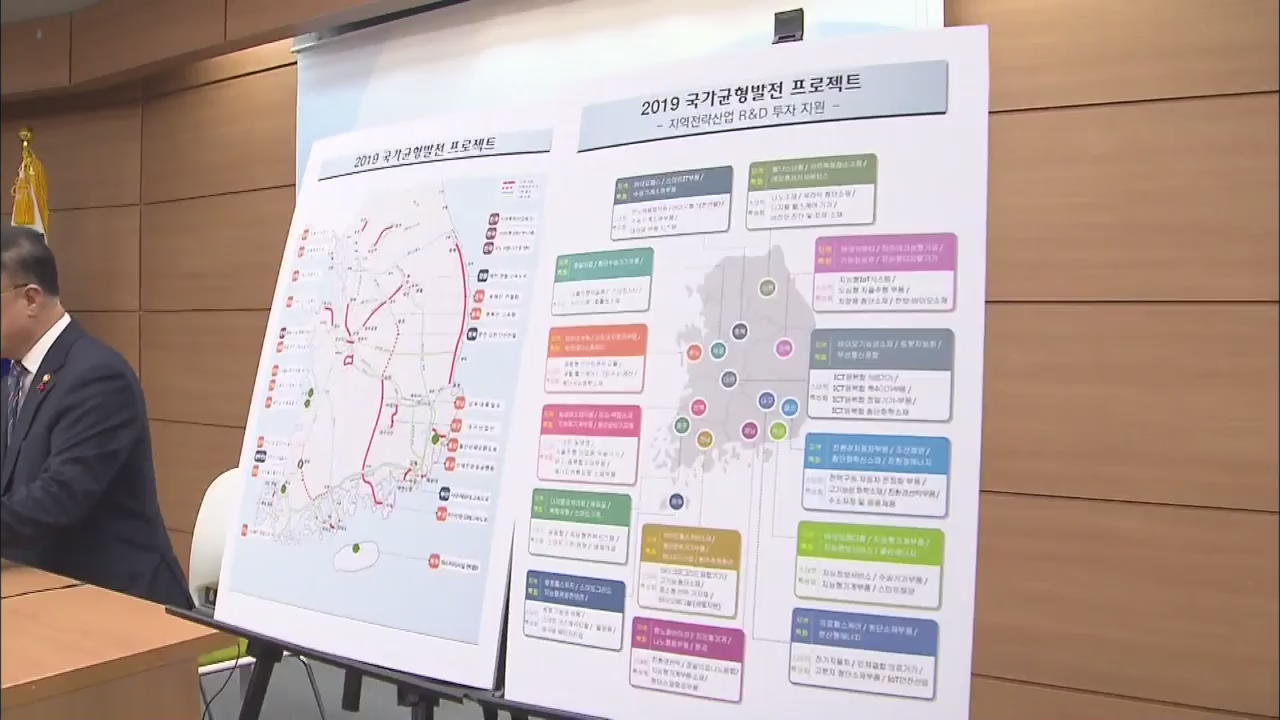
[Anchor Lead]
Construction projects that involve large scale state finances require what's called a preliminary feasibility study, to determine whether the project is absolutely necessary. Now the government has announced a list of projects for which such feasibility studies will be omitted, as part of efforts to promote balanced national development. Here's more
[Pkg]
The government has approved the waiver of preliminary feasibility studies for 23 projects nationwide excluding the capital Seoul worth some 24.1 trillion won in a bid to enable their fast track implementation. The largest project of all is the high-speed KTX railway connecting Gimcheon in Gyeongsangbuk-do Province to Geoje in Gyeongsangnam-do Province. It will cost around 4.7 trillion won through the year 2028. Another project is geared towards expanding the nationwide transportation network that will cost about 10.9 trillion won and include a new highway linking Sejong city and Cheongju in Chungcheongbuk-do Province. 5.7 trillion won worth of regional infrastructure projects are also included such as the construction of the Saemangeum International Airport. Projects for the wider capital region are technically excluded but exceptions do exist, which are aimed at developing dilapidated metropolitan areas. One example is extending Seoul Metro line 7 all the way to Pocheon, Gyeonggi-do Province. These social overhead capital projects to lay roads and railways will cost over 20 trillion won. Another 3.6 trillion won will go to research, development and investment projects. If feasibility studies were to be conducted, these projects may not make the cut or could be delayed. The government explains the selected projects are designed to promote balanced national development.
[Soundbite] Hong Nam-ki(Deputy PM for Economy) : "Non-capital regions with low population and insufficient infrastructure have a hard time pursuing large projects because passing feasibility studies is a challenge."
Finances from the central and provincial governments as well as private sector funds will be used for the projects over the next decade. The government will also spend 175 trillion won through 2022 to achieve more balanced regional development.
Construction projects that involve large scale state finances require what's called a preliminary feasibility study, to determine whether the project is absolutely necessary. Now the government has announced a list of projects for which such feasibility studies will be omitted, as part of efforts to promote balanced national development. Here's more
[Pkg]
The government has approved the waiver of preliminary feasibility studies for 23 projects nationwide excluding the capital Seoul worth some 24.1 trillion won in a bid to enable their fast track implementation. The largest project of all is the high-speed KTX railway connecting Gimcheon in Gyeongsangbuk-do Province to Geoje in Gyeongsangnam-do Province. It will cost around 4.7 trillion won through the year 2028. Another project is geared towards expanding the nationwide transportation network that will cost about 10.9 trillion won and include a new highway linking Sejong city and Cheongju in Chungcheongbuk-do Province. 5.7 trillion won worth of regional infrastructure projects are also included such as the construction of the Saemangeum International Airport. Projects for the wider capital region are technically excluded but exceptions do exist, which are aimed at developing dilapidated metropolitan areas. One example is extending Seoul Metro line 7 all the way to Pocheon, Gyeonggi-do Province. These social overhead capital projects to lay roads and railways will cost over 20 trillion won. Another 3.6 trillion won will go to research, development and investment projects. If feasibility studies were to be conducted, these projects may not make the cut or could be delayed. The government explains the selected projects are designed to promote balanced national development.
[Soundbite] Hong Nam-ki(Deputy PM for Economy) : "Non-capital regions with low population and insufficient infrastructure have a hard time pursuing large projects because passing feasibility studies is a challenge."
Finances from the central and provincial governments as well as private sector funds will be used for the projects over the next decade. The government will also spend 175 trillion won through 2022 to achieve more balanced regional development.
이 기사가 좋으셨다면
-
좋아요
0
-
응원해요
0
-
후속 원해요
0










![[headline]](https://news.kbs.co.kr/data/news/2019/01/30/4127068_10.jpg)
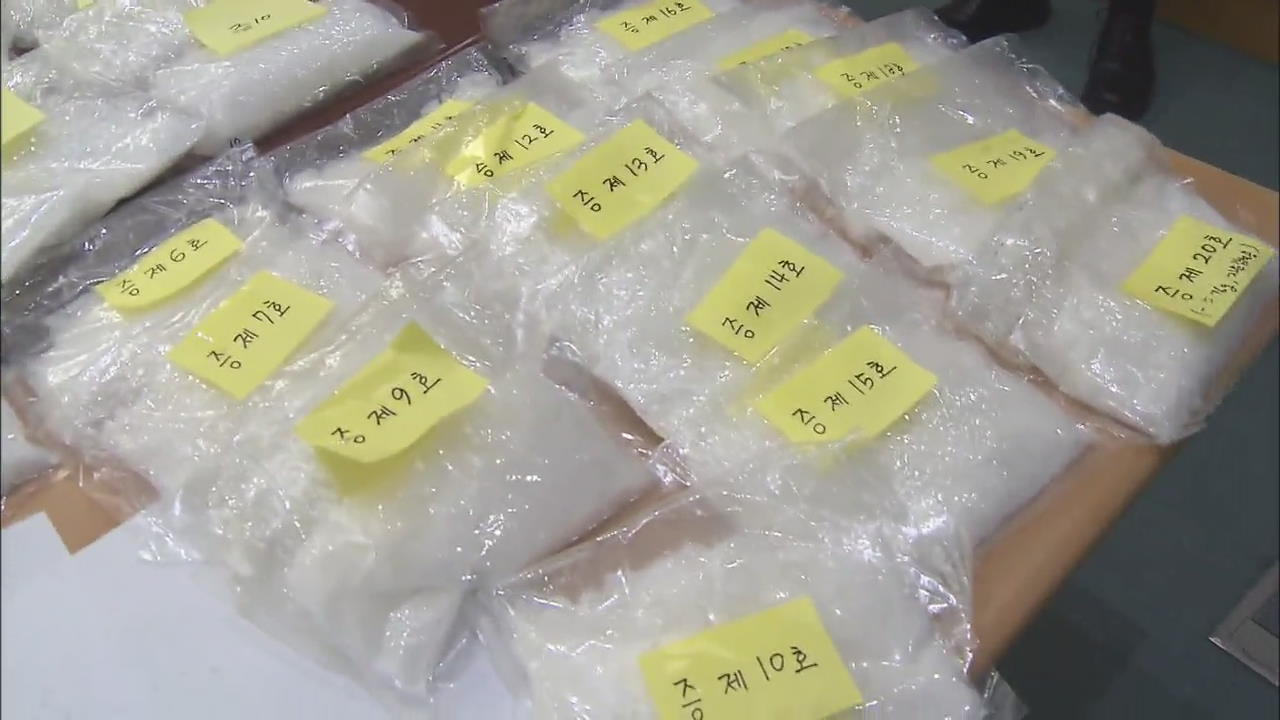
![[속보] 여야, ‘3% 룰’ 포함한 상법 개정안 처리 합의](/data/layer/904/2025/07/20250702_NFYEwa.jpg)
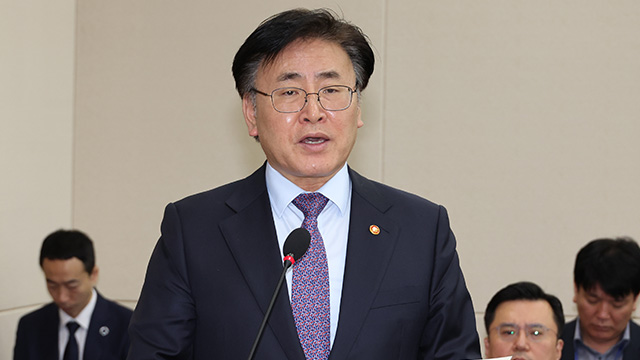
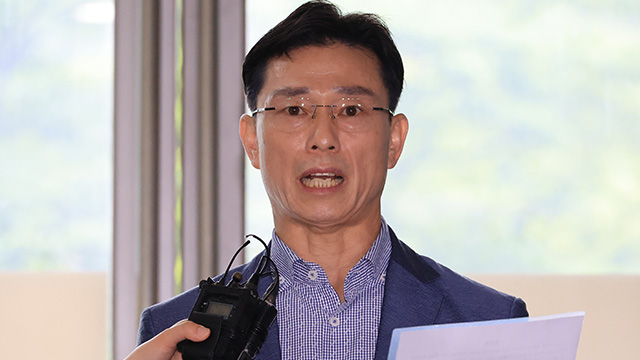
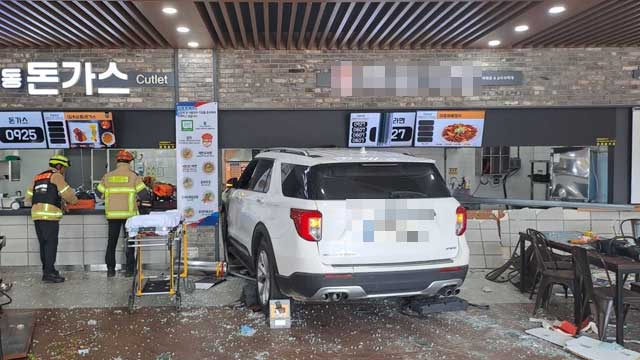

이 기사에 대한 의견을 남겨주세요.